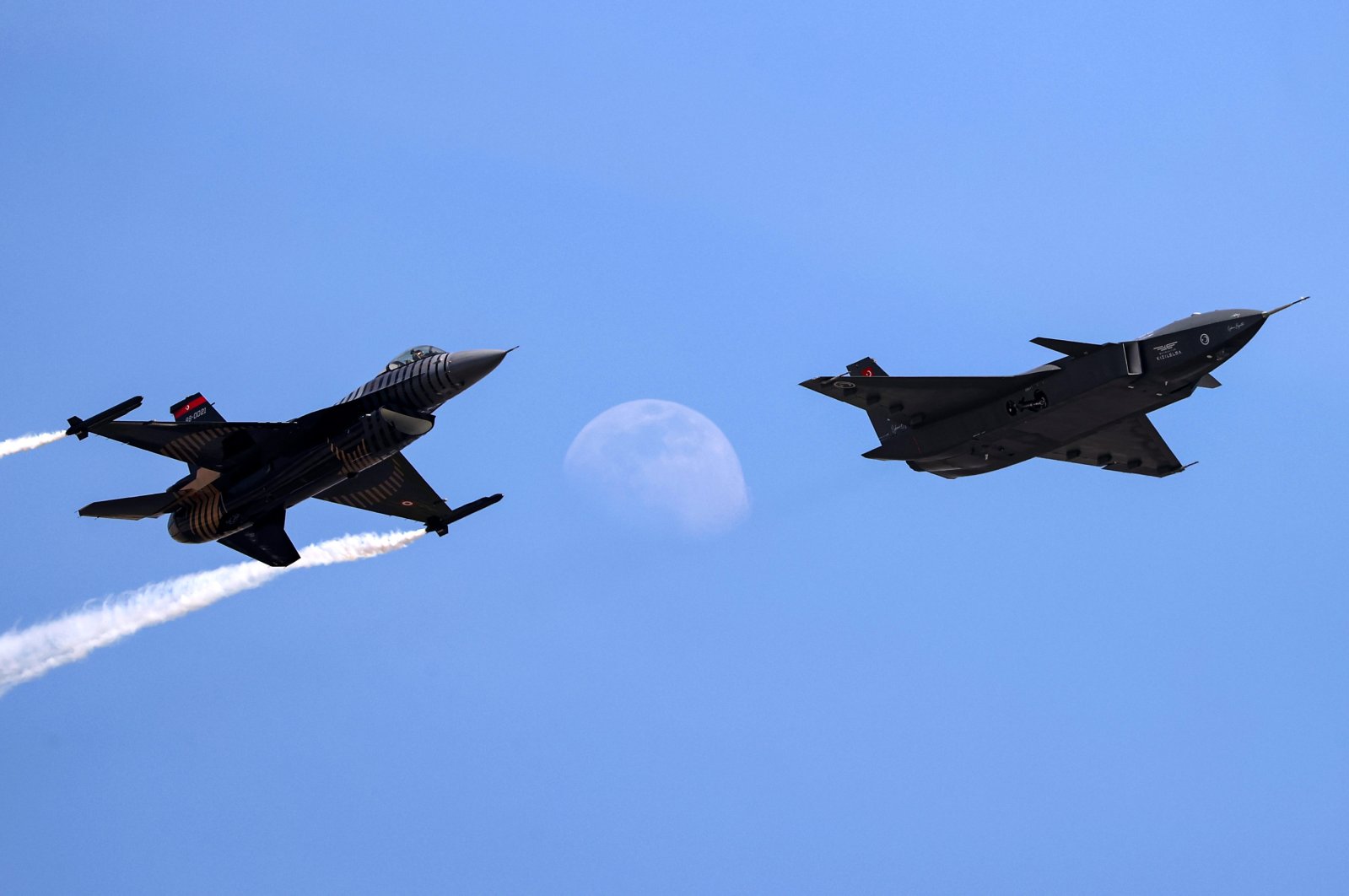
These UAVs, specifically the TB2 vehicles with silent 7 to 8-hour high-altitude flight capability and high-quality cameras developed by Baykar, epitomize the best solution for Türkiye's needs
Health care depends on diagnosing a sickness and finding a cure for it. The earliest it is, the better it is for the patient. To determine the treatment, one should know what it is and what the patient needs as soon as possible to cure it; in fact, one needs a "bene diagnoscitur, bene curator."
The diagnosis is the ultimate indicator to show doctors the best way to cure the disease and solve the problem. It shows the progress of the sickness and how long the patient will live sometimes; a prognosis is meant here. During its long history of fighting terrorism, Türkiye first diagnosed the problem and discovered the best treatment for it. The disease was terrorism; the cure came out as Baykar because if you analyze the disease well, you cure it well.
Türkiye has been engaged in a prolonged battle against terrorism, facing some of the darkest periods in its history, marked by numerous civilian losses and shattered families. Türkiye extended its military endeavors beyond its borders to enhance and expand its counterterrorism operations. As part of this evolving strategy, the country procured unmanned aerial vehicles (UAVs) from other nations, seeking advanced technological solutions to combat terrorism more effectively. This move reflected Türkiye's commitment to leveraging cutting-edge technology in its relentless pursuit of ensuring national security and stability.
However, the initial batch of drones sold to the country proved to be ineffective, failing to meet the state's requirements in its counterterrorism efforts. This realization underscored the inadequacy of the traditional methods employed in the fight against terrorism, signaling the need for a more sophisticated and unconventional approach to ensure the country's future domestic security. Consequently, the emergence of a demand for a better way of conventional warfare became evident and UAVs became a force multiplier for the fight against terrorism.
The notable advantages of these UAVs, such as their silent and high-altitude flight capacity of seven or eight hours, equipped with high-quality cameras developed by Baykar under the name of TB2 vehicles, have become Türkiye's "bene diagnoscitur," which means the best treatment for the diagnosis.
UAV success in counterterrorism
The success of the UAVs proved that the technology to fight terrorism came to an undeniable level, especially after the military operations in cross-border countries. The most effective factor in Türkiye's becoming an important actor in regional and international conflicts with a strong defense industry is the development of UAVs by Baykar.
Türkiye has departed from conventional methods of combating terrorism, opting for innovative and advanced strategies to address the evolving challenges in its fight against terror. The nation has been an effective actor in international conflicts. To gain this role, a strong defense industry helped the country win in cross-border crises like Karabakh. Turkish drones, especially the TB2s by Baykar, were a key factor in Azerbaijan's military strategy and are credited with significantly impacting the dynamics of the Karabakh conflict as the drones proved highly effective in surveillance and strike operations.
The provision and effectiveness of Turkish drones not only underscored the strong military and political alliance between Türkiye and Azerbaijan but also served as a clear and impactful demonstration of Türkiye's unwavering support for Azerbaijan in the conflict.
Looking ahead, the role of Turkish drones and the advancements in the defense industry will undoubtedly play a decisive role in determining the outcome of the conflict and act as a remedy for the prevailing challenges in the region.
